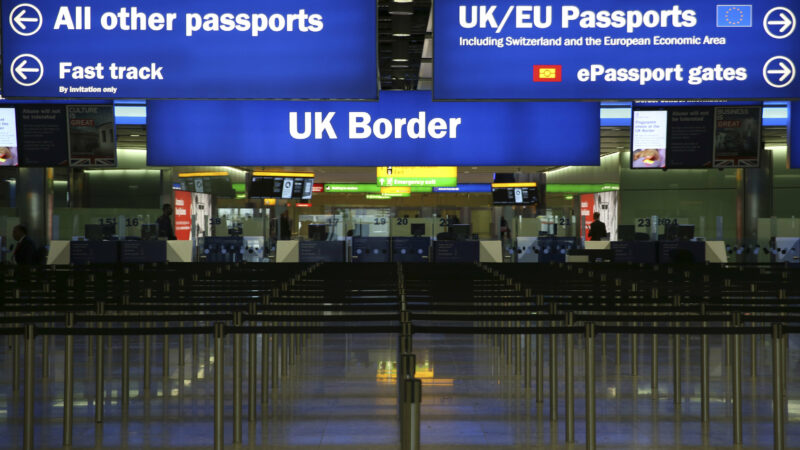
The immigration system is needlessly complex and getting worse. The public has little confidence in it, and those who use it have even less. More than half of all appeals against immigration decisions succeed. Nearly all misconduct inquiries are about immigration, too. The system must become more accessible – and do a far better job of meeting public expectations.
Labour’s manifesto will undoubtedly offer policies that can unite our party and country. But there are some urgently needed root-and-branch reforms that go to the heart of the problems with our current system. Why are we seeing such widespread confusion and so many administrative mistakes? A key reason is that new laws have been passed every year for over two decades – including 15 in 2015 alone. And these laws are changed almost as fast as they’re enacted.
The result is a patchwork quilt of different bits and pieces fitting together awkwardly, with no common purpose or overarching, systematic construction. It’s no wonder both the public nor officials have difficulty navigating, let alone understanding, a system as broken as it is haphazard. Brexit or no Brexit, serious changes need to take place. Labour should give serious thought to adopting two key immigration reforms: a royal commission on immigration and a citizenship advisory group.
There is an urgent need for a royal commission to systematise current primary legislation into a more simplified, coherent new bill that restates the existing law. This would mirror the law commission’s consultation, to which I gave written and oral evidence, on simplifying and rendering more accessible the smorgasbord that passes for secondary immigration rules. This would do much to improve public understanding of the law.
Then there is the task of improving wider public confidence. It has been about 15 years since Sir Bernard Crick toured the country with an advisory group on citizenship. They engaged with the public to grasp its everyday understanding of British citizenship. Their findings led to the launch of the first citizenship test and citizenship ceremonies.
Nearly two decades later, over two million have sat the test – yet not one consultation has been conducted since then. One is needed to ensure that the process meets public expectations and fosters integration. My own research findings show that the test is like a bad pub quiz, and one that few British citizens can pass.
I have found that the current naturalisation process is expensive with arbitrary hurdles, and it acts against integration. This should be cause for serious concern. The recommendation for a citizenship advisory group is supported by a House of Lords select committee on citizenship that the government – to its shame – has yet to take seriously.
There is a crisis of confidence in an immigration system unfit for purpose, which is administratively dysfunctional and does not improve integration, nor meet public expectations. Failure to push for reform would condemn the system to continued dysfunction and disapproval, benefiting neither citizen nor immigrant alike. Labour has an opportunity to get this right – and improve fundamentals in the system.
While most of the focus may be on whether or not this election leads to a Leave or Remain final outcome, our political campaign manifesto will go beyond Brexit – and it simply must engage with immigration. The proposals outlined here would go a long way to getting this system right, whether or not Brexit happens – and failing to do so is choosing to make a bad situation worse. Labour must seize the opportunity to reset the system and create a more progressive, fairer immigration policy for all.




More from LabourList
Joani Reid resigns Labour Party whip after husband accused of spying
‘Labour won’t win back left defectors with squeeze messaging alone’
‘Help shape the next stage of Labour’s national renewal through the 2026 NPF consultation’